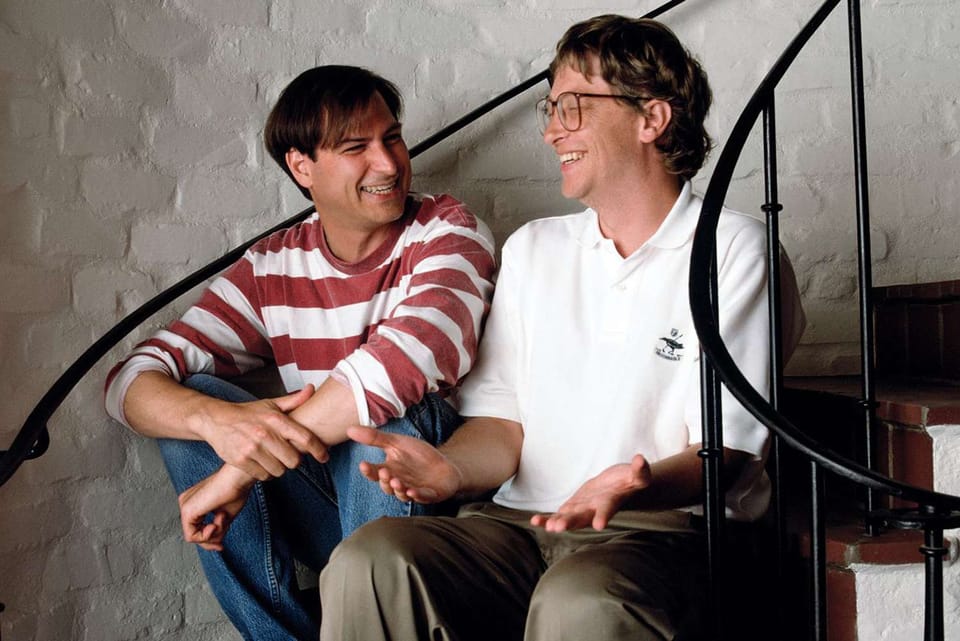We Are A Nation of Lawyers ... and Artists

I have been reading Dan Wang's new book Breakneck: China's Quest to Engineer the Future (W. W. Norton, August 2025), which has been getting lots of attention on the podcasting circuit. Wang's thesis is that what defines and separates China and the United States is who runs them: China is an "engineering state" that brings a technological precision to every problem, while the US is a "lawyerly society" that brings an attorney’s attention to procedure to every decision. This distinction, Wang argues, means that while China is outcomes-driven and building at breakneck speed, the US is process-driven and has stalled. This explains how China can build infrastructure and factories with a speed and ambition that leaves America in the dust.¹
I know very little about China, so I won't argue with Wang about the dominance of engineers in that country's political and business elite. (By his numbers, in 2002, all nine members of the Standing Committee of the Politburo had degrees in engineering or related fields.) And of course he's correct that US political elites are chock full of lawyers. What this analytical shorthand misses, however, is that US business elites are dominated neither by lawyers nor, in fact, by engineers. If anything, American business elites are dominated by artists.
At first glance this sounds ridiculous. But take a closer look and you'll find the liberal arts at the very top of American business and industry. The two most dynamic sectors in the American economy over the past 50 years—computing and finance—are dominated by them:
- Steve Jobs, a calligraphy student who famously credited his typography class at Reed College with inspiring the Mac's beautiful fonts, is the most obvious example. But he's hardly alone:
- Bill Gates is often set up as the geeky foil to Jobs, but he was in no way an engineer. Yes, he wrote code—but as a self-taught college dropout, he was more artisan than computer scientist. It was this craft mentality that allowed him to envision a computer on every desk at a time when the computer engineers were saying there was no reason anyone would need a computer in their home.
- Mark Zuckerberg famously followed the same path, building one of the world's largest companies from his dorm room—not out of some great engineering insight, but out of a teenager's impulse to connect with classmates (or, more likely, hook up). He too would drop out of college without a degree.
- Reed Hastings of Netflix studied math at Bowdoin, a small liberal arts college in Maine. He has recently made a $100 million gift to the college for an “AI and Humanity” initiative.
- Daniela Amodei, co-founder and president of Anthropic, has her BA in English literature from UC Santa Cruz.
- Her brother, Dario Amodei, CEO of Anthropic, studied physics—not computer engineering—at Stanford, before going on to do computational neuroscience research.
You can find plenty of engineers at the top of tech companies, of course. OpenAI is led exclusively by engineers (which I'd argue is one of the reasons it seems scarier than its competitors). Elon Musk, one of OpenAI’s founders in addition to his roles at Tesla, SpaceX, and now Grok, is an engineer, as is Jensen Huang of Nvidia. Google, the third big player in AI, was founded by two computer science PhDs—but it’s important to note that their breakthrough PageRank algorithm grew out of a project based in the Stanford library, working with citation analysis methods borrowed from academic research. And while Jeff Bezos studied electrical engineering and computer science at Princeton, it's worth noting that Amazon was inspired by his then-wife MacKenzie Scott's love of books. (Her $38 billion divorce settlement suggests just how fundamental that inspiration was.)
Similarly, in America's other most dynamic industry over the past half-century—finance—you can find plenty of business degrees. But the upper echelon of financiers is dominated by people with liberal arts backgrounds:
- Jamie Dimon, CEO of JPMorgan Chase, studied economics and psychology at Tufts
- Larry Fink, founder of BlackRock, studied political science at UCLA
- Stephen Schwarzman, co-founder of Blackstone, took an interdisciplinary BA in culture and behavior (combining psychology, sociology, and anthropology) at Yale
- Carl Icahn majored in philosophy at Princeton
- Lloyd Blankfein, former CEO of Goldman Sachs, majored in history at Harvard
- Peter Lynch, legendary manager of Fidelity's Magellan Fund, studied history, psychology, and philosophy at Boston College
Am I cherry-picking? Of course. But these cherries are sitting at the very top of the tree. These aren't marginal cases. They are the founders of the most valuable companies in the most dynamic sectors of the American economy. They are the creative force behind the innovations in personal computing, the web, e-commerce, social media, fund management, and private equity that have driven the growth of global tech and finance. If engineers exclusively ran American business the way they run Chinese government, we wouldn't see Jobs, Gates, Zuckerberg, Lynch, and Schwarzman at the top of this tree.
Some will object that Gates and Zuckerberg wrote sophisticated code, so calling them "artists" rather than engineers is just semantic sleight of hand. But the distinction between artisan and engineer is precisely what matters here. Engineering as a discipline is about formal systems, optimization, and standardization. What Gates and Zuckerberg (and Jobs) brought was vision, taste, and difference—seeing what people wanted before the market research said so. Engineers ask "how can we make this work?" Artists ask "what should we make?" That's not engineering thinking; that's humanistic thinking applied to technology.
Others will point out that having a liberal arts degree from an elite school isn't the same as being an "artist," that I'm conflating credentialism with creativity. But that point cuts both ways: If success in American business is just about elite credentialism, why aren't all the top tech founders and financiers coming out of MIT and Caltech? Those engineering programs are just as prestigious as the liberal arts programs at Yale and Harvard. The fact that liberal arts backgrounds are overrepresented at the top suggests something beyond mere credentialism. It tells us something about what kind of thinking drives American innovation.
Could someone write a similar essay about engineer-CEOs? Sure. Jensen Huang, Elon Musk, and the leadership of OpenAI would feature prominently in that essay. But that would just prove my point: America isn't a nation of lawyers OR engineers OR artists. We're all three.
A Different Kind of Dynamism
Wang is right that American government is dominated by lawyers who block things. But American business dynamism comes from people who think like artists (or at least like liberally educated generalists who can see across disciplines). We are a nation of lawyers, as both Wang and Tocqueville have argued. But we are equally a nation of artists craftspeople, and philosophers. The lawyers serve to keep us free through process and accountability. The artists provide the entrepreneurial creativity and dynamism that drives innovation. And we have lots of great engineers to boot—the people who build the systems these visions require.
That combination—legal process, artistic vision, and engineering execution—is what makes American business dynamic in ways that a purely engineering-driven society will struggle to replicate.
I'll take that combination over a nation run exclusively by engineers any day.
—
¹In fairness to Wang, his view of the US is much more nuanced than "America is a nation of lawyers." Still, it's the insight people have latched onto and which has sold the book, so it's worth interrogating.

Member discussion